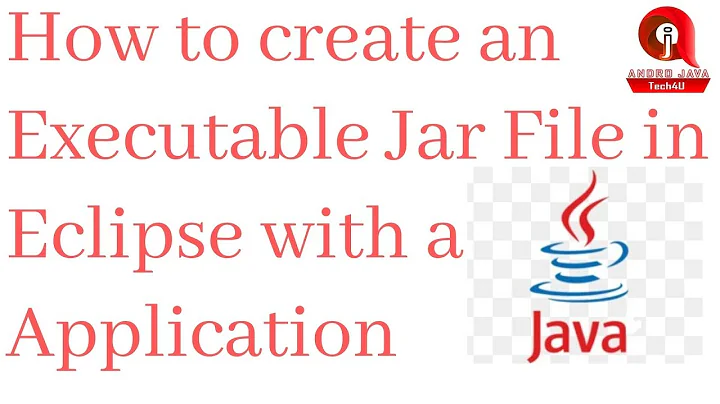What happens to "System.out.println()" in executable jar?
Solution 1
There's nothing special about running code in an executable jar file. If you run it from a console, e.g. with java -jar foo.jar the output will still go to the console.
If you run the code in some way that doesn't attach a console - such as javaw on Windows, which is the default program associated with executable jar files - then the output won't go anywhere. It won't cause any errors - the text will just be lost.
Note that in that case, if you use System.console() instead, that will return null. So:
System.out.printf("Foo%n"); // No problem. Goes nowhere.
System.console().printf("Foo%n"); // Would throw a NullPointerException.
Solution 2
The output is omitted, as long as you do not run your application from a console window (java -jar executable.jar). Furthermore, you can configure your Java installation such, that a console windows is launched as soon as you start a Java application. Output will be written to the JVM's console window then. You can find an article How do I enable and view the Java Console? on the official Java web site.

Solution 3
I you open it from the console (java -jar YourJar.jar) the text gets printed in your console window.
If you open it in the explorer (or similar), you won't see the text
To clarify your second Edit: The bytecode is not omitted, because the compiler cannot know in what context the jar will be executed. The jar can always be called from console, in that case the println has to stay there.
In fact, many jar Files would be completely useless otherwise. There are plenty of Java programs that interact with the user by console in- and output. It is not neccessary for a java-Program to have a GUI (or to run completely in the background).
Related videos on Youtube
Minar Mahmud
Updated on July 09, 2022Comments
-
Minar Mahmud almost 2 years
Suppose I've created an
executable jarfrom a code where I have usedSystem.out.println()When we run the executable jar, there is no console. So, what happens to this line? How does
javahandle this situation?EDIT 01:
NOTE: The situation is when I don't use a console to run the
jarnor associate any console with it anyhow.EDIT 02: Making things clearer:
I know that nothing will be printed anywhere as there is no console..! I want to know how
javahandle this line in this case? Is this line omitted when generating the bytecode for a executable jar? Or is this line just overlooked when there is no console? Or anything...-
 Evan Bechtol about 9 yearsIf you run the program not using the console, then you won't see System.out.print's contents. Think of it as something primarily used for testing/debugging. When you go to a production program this should not be used.
Evan Bechtol about 9 yearsIf you run the program not using the console, then you won't see System.out.print's contents. Think of it as something primarily used for testing/debugging. When you go to a production program this should not be used.
-
-
Minar Mahmud about 9 yearsthe text will just be lost. So can I assume that this
println()method is written in a way that if there is no console, the call will just be ignored? -
Jon Skeet about 9 years@minarmahmud: Well not ignored - I suspect if you use
printfand have some invalid format string, that will fail, for example. But the output won't go anywhere.


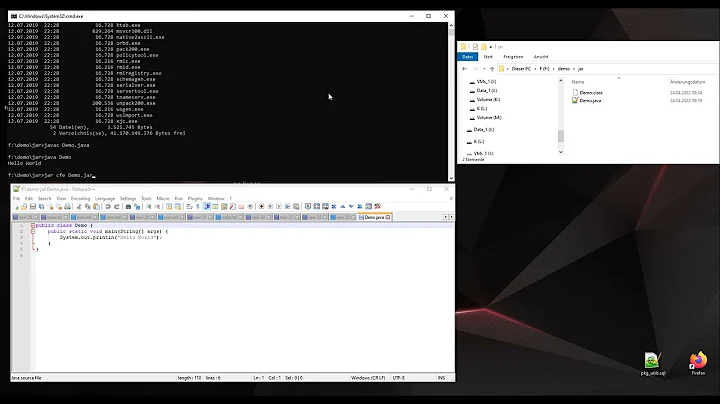


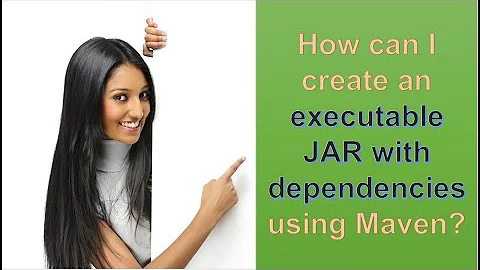
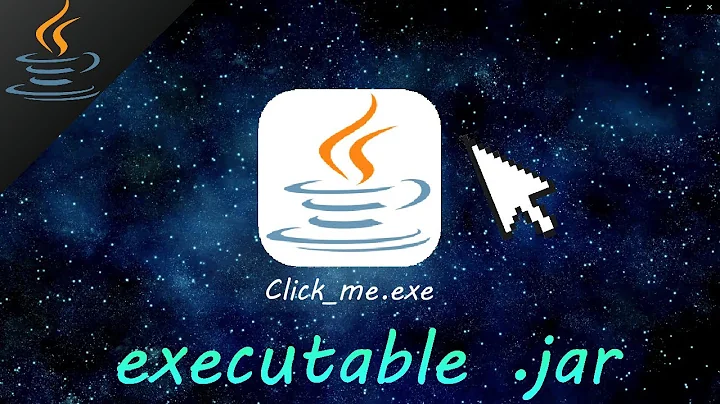
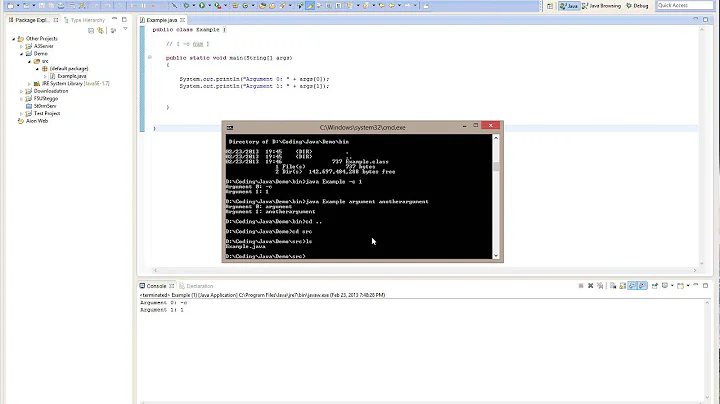


![How to create Executable JAR of Maven Project | Run automation by running executable JAR file [2022]](https://i.ytimg.com/vi/En2vYAqCu5s/hq720.jpg?sqp=-oaymwEcCNAFEJQDSFXyq4qpAw4IARUAAIhCGAFwAcABBg==&rs=AOn4CLCFUtQ56MZWpLP5lih_mA11Yoz90w)
